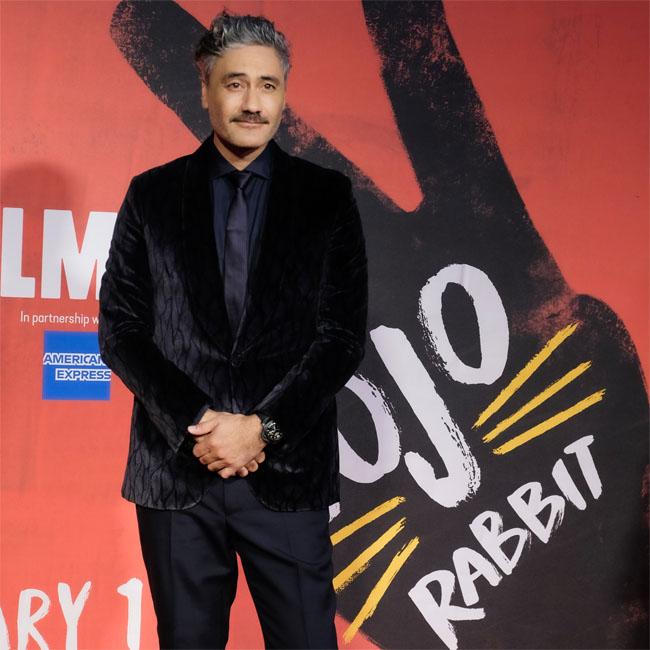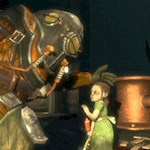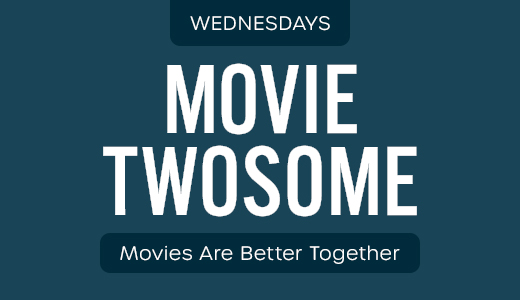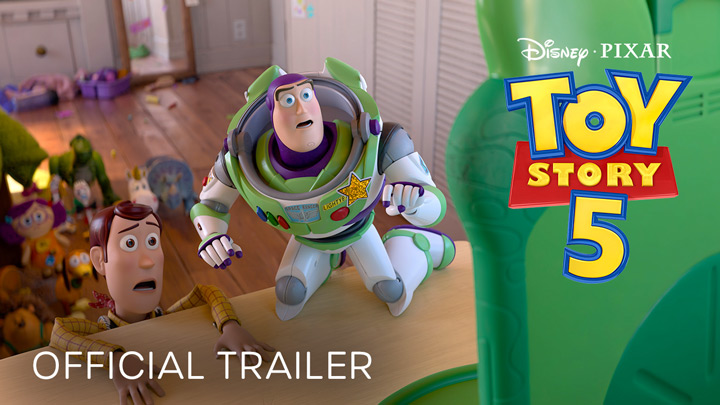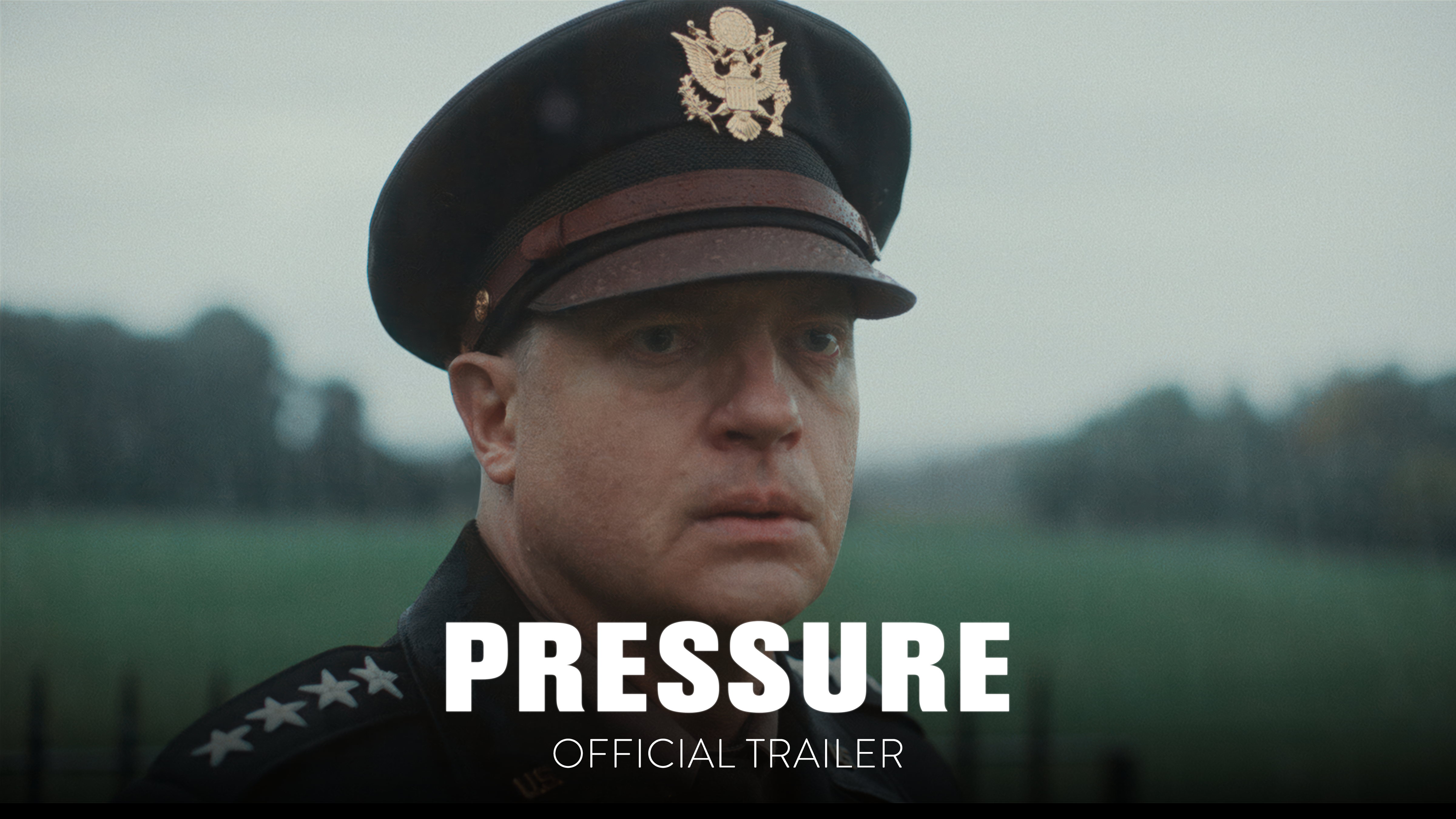Taika Waititi had no concerns about making Jojo Rabbit
Taika Waititi had "no concerns" about making 'Jojo Rabbit', despite it being about the Nazis.
The filmmaker wrote, directed and stars in the satirical comedy, which follows 10-year-old boy Jojo - played by Roman Griffin Davis - a member of the Hitler Youth who falls in love with Jewish girl Elsa (Thomasin McKenzie) who his mother (Scarlett Johansson) is hiding in their attic from the German fascist force.
Taika portrays a fictionalised version of Nazi leader Hitler who acts as Jojo's imaginary friend and although he accepts that the subject matter for a comedy he had no hesitation in bringing his story to the big screen.
Speaking to Uproxx, the 'Thor: Ragnarok' director said: "I haven't had any worries or concerns making this. A lot of people ask if I should be very nervous. I never felt really nervous at all.
"It's not a controversial film! It's not massively challenging to people just because its' got some jokes and me doing Hitler. It's not a film that's like bad boy cinema. Like, 'We need boobs.' Or, 'Oh yeah, we need all the attention because we're going to do stuff just for shock value. We want the crazy press.' No we don't. We just don't like that kind of attention."
Taika, 44, also opened up on his decision to portray the Nazi dictator himself in the film, claiming that another actor would've have done "too much research" for the part, which wasn't required as Taika wanted the character to be "silly" and not truly reflective of the World War II instigator.
He explained: "I just realized I didn't want to do any research on this guy. I was just going to put the moustache on because I'm not playing him. I'm playing a 10-year-old in an adult's body."
Taika previously admitted that he felt "embarrassed" dressing up as Hitler on set in the regalia of the Third Reich.
He said: "I was just sort of embarrassed. That's the main thing. I was embarrassed all the time to look like that. Going on set, I'd say, 'Look, sorry everyone.' It felt like it was hard for it not to be gratuitous. You start asking yourself why you're really doing it: 'Why am I dressed like this?' "
